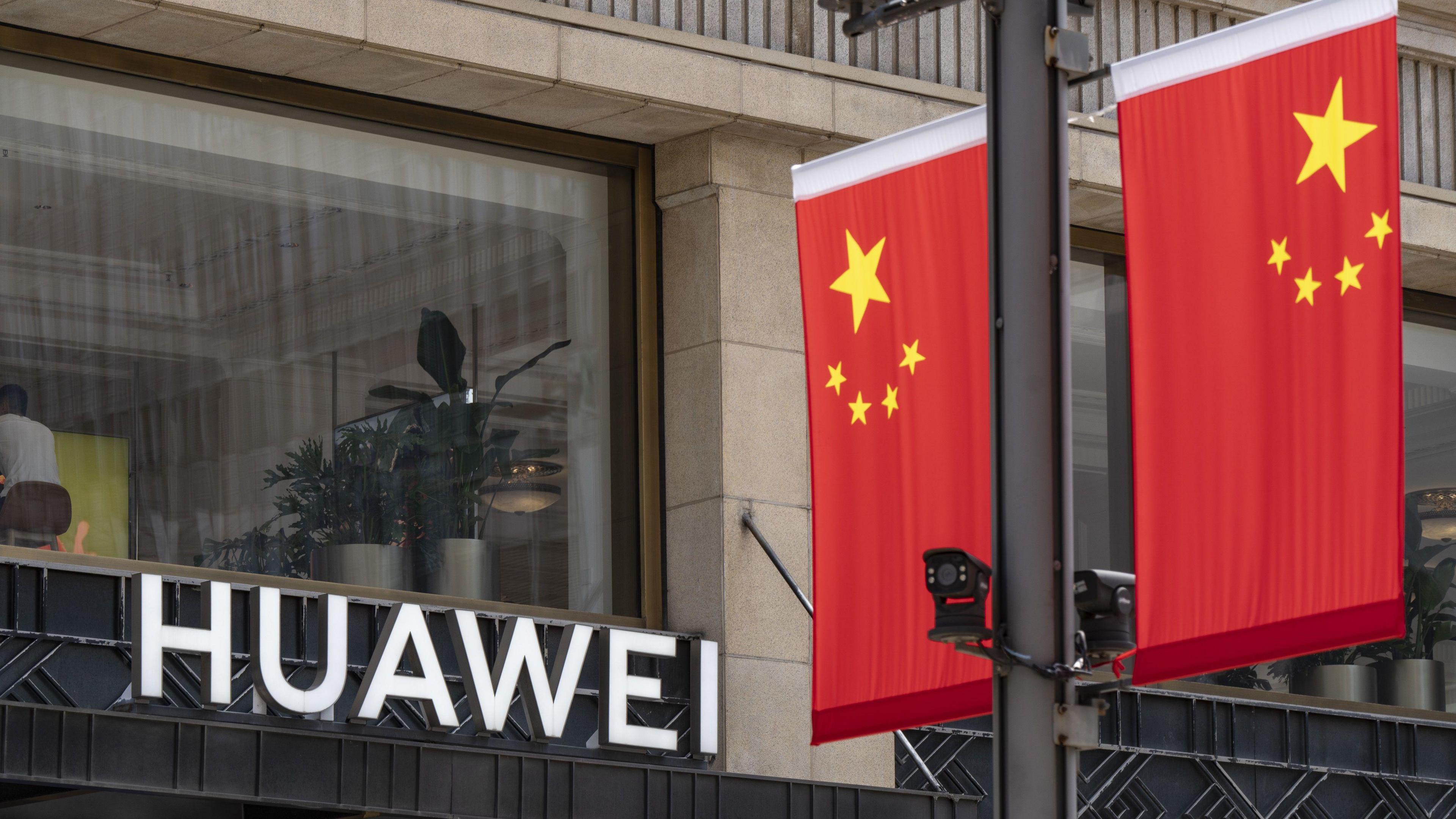US revokes licences for sales of chips to Huawei

The US sharply limited exports of items such as computer chips to Huawei starting in 2019
- Published
The US government says it has revoked some licences that allowed US chip makers to export certain goods to Chinese technology giant Huawei.
The Department of Commerce did not specify which permits were cancelled but US chip giants Intel and Qualcomm said they had been informed that some export licenses have been revoked.
Huawei did not immediately respond to a BBC request for comment.
Since 2019, the US has restricted technology exports to Huawei, citing alleged ties to the Chinese military but companies like Intel and Qualcomm were granted some exemptions.
Beijing condemned Washington's moves against its companies.
The US was "over-stretching the concept of national security and abusing export controls to suppress Chinese companies without justification," the Chinese foreign ministry said in a statement.
Some US lawmakers had criticised the administration of President Joe Biden following the launch last month of Huawei's MateBook X Pro laptop.
"Make no mistake, the Biden Administration would not have taken this action if Republicans in Congress were not holding them accountable," said Republican Congresswoman Elise Stefanik in a social media post.
Huawei has been hit hard by US trade restrictions but more recently appeared to mount a comeback.
The Chinese company has enjoyed a resurgence particularly after the launch of the Mate 60 Pro smartphone in August.
In 2019, during the presidency of Donald Trump, US officials added Huawei to a so-called "entity list."
It means that US companies need to obtain a licence from the government to export or transfer some technologies, especially over concerns that they will be used by the Chinese military.
However, in that time licences have been granted to some US companies, including Intel and Qualcomm, to supply Huawei with technology that was not related to 5G.
The US has imposed restrictions on several Chinese technology firms in recent years, as tensions between the world's two biggest economies intensified.
Earlier this month President Biden signed a law that could ban the video app TikTok in the country unless it is sold by its Chinese parent company. TikTok filed a lawsuit on Tuesday to block the legislation.